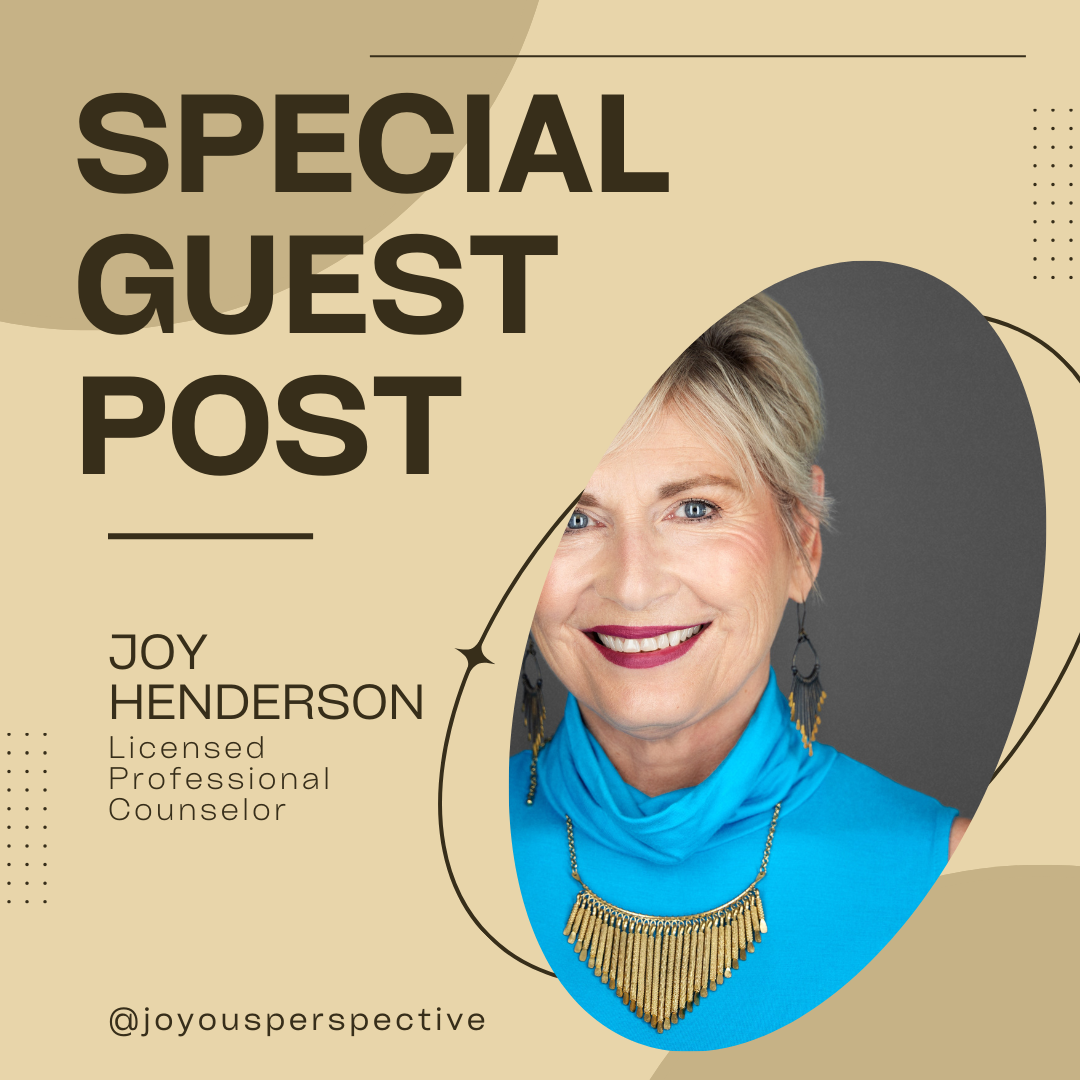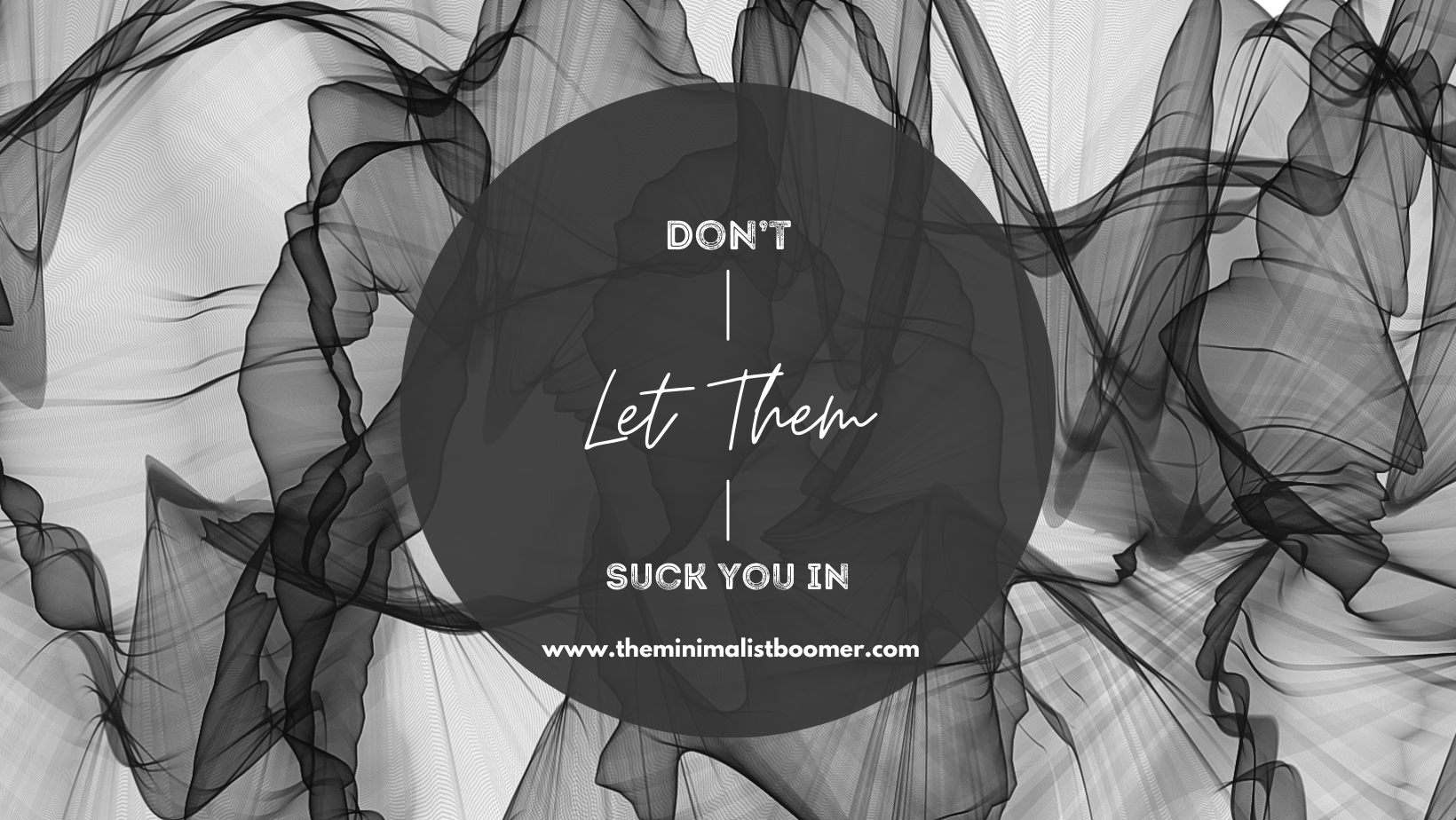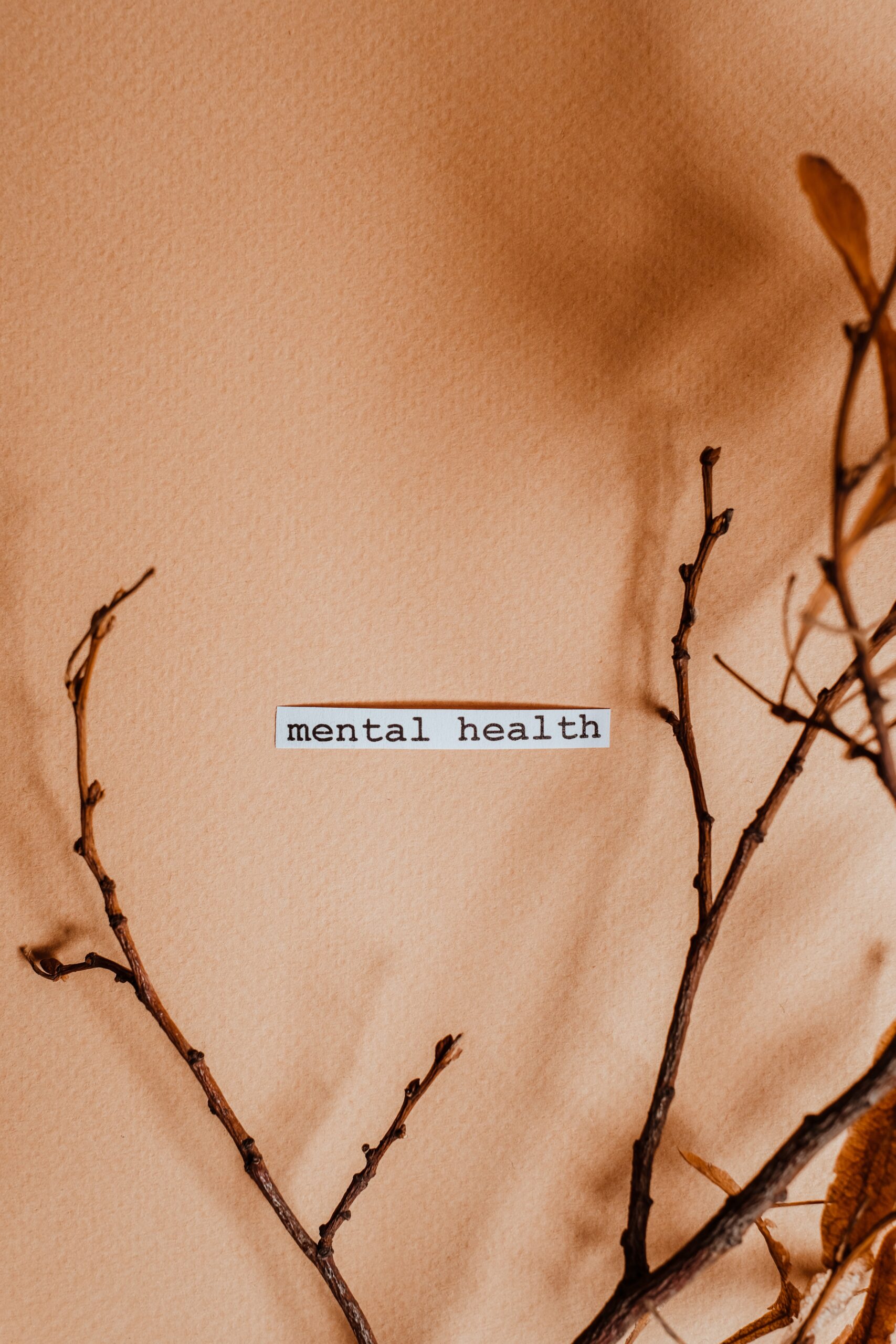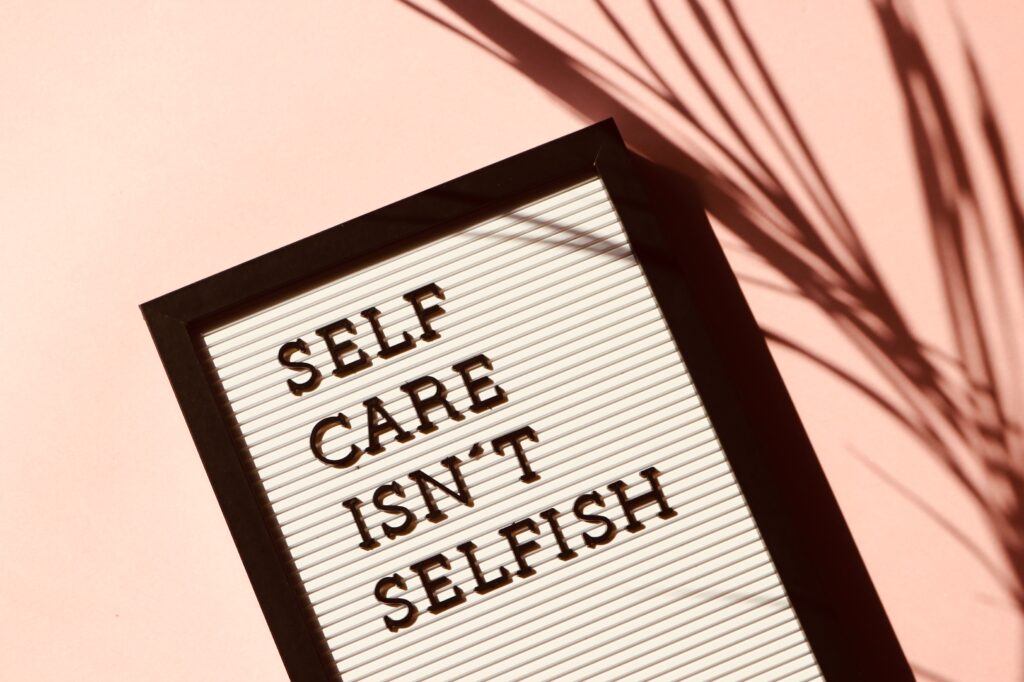Have you ever felt overwhelmed, stuck, or, even worse, trapped in a situation that’s draining your energy? We’ve all been there. Sometimes, the most constructive thing we can do for ourselves is to simply walk away. This might seem counterintuitive, especially when we’re so often told to fight through challenges, but there’s real power in recognizing when it’s time to step back.
“Letting go and walking away means you are exercising control and good decision-making powers–you are making your choice rather than letting the situation control you.” – Richard Templar
Let’s explore how walking away can serve as a strategic move, a way to reset and regain control. From toxic relationships to impossible, dead-end jobs, we’ll break down scenarios where leaving is not just an option but a necessity. You’ll learn how to identify these situations and understand why taking that step back is crucial for your mental clarity and overall happiness. Let’s uncover the empowering benefits of knowing when to walk away.
Understanding the Importance of Walking Away
Sometimes, the best thing we can do for ourselves is simply walk away. This doesn’t mean giving up or admitting defeat. It’s about recognizing when a situation is no longer healthy or beneficial and having the courage to make a change. Walking away can be both a literal act, like leaving a job or ending a relationship, and a metaphorical one, like changing our mindset or habits.
When It’s Time to Walk Away
Knowing when to walk away can be challenging, but there are clear signs that it may be the best option. Here are some situations where walking away is beneficial:
- Toxic Relationships: Whether it’s a friend, family member, or romantic partner, if the relationship is causing more pain than joy, it may be time to walk away. Just step back, brush the dust off your shoes, and let it go. Signs of a toxic relationship include constant criticism, lack of support, and emotional manipulation.
- Unproductive Environments: If we are in a work or social environment that hinders our growth and productivity, it might be time to move on. This includes workplaces with poor management, lack of opportunities, and constant negativity.
- Unresolved Conflicts: When conflicts remain unresolved despite numerous attempts to fix them, it might be a sign that walking away is the best option. Staying in a cycle of conflict can be mentally exhausting and unproductive.
- Stagnation: If we feel stuck and unable to progress in our current situation, walking away can open new doors and opportunities for growth.
Walking away is not about running from problems but recognizing when a change is needed. Taking this step can lead to personal growth and a happier, more fulfilling life. By considering these scenarios, we can see that walking away is not about giving up — it’s about choosing a healthier path for ourselves.
The Art of Walking Away Gracefully
When we decide to walk away, clear communication is key. Letting everyone know why we’re leaving helps avoid misunderstandings and hurt feelings. Here are some strategies for effectively communicating your decision:
- Be Honest but Kind: Honesty doesn’t have to be harsh. We can explain our reasons without blaming others. For example, saying “We have a clear philosophical difference of opinion on how to move forward” is better than stating grievances.
- Choose the Right Time and Place: Timing can make all the difference when possible. Find a moment when emotions aren’t running high and a private setting where a calm conversation can occur.
- Use “I” Statements: This helps to take ownership of our feelings and reduces defensiveness. Saying “I feel this environment isn’t right for me” is more constructive than “You make this place toxic”.
- Prepare for Reactions: People might be upset or even angry. We should be ready to listen but stand firm in our decision. Keeping the conversation short can also help prevent heated exchanges.
By considering these strategies, we can walk away with our dignity intact, ensuring that our reasons are understood and respected.
Setting Boundaries
Setting boundaries is crucial to make sure our decision to walk away is respected. Boundaries protect our well-being and make it clear what we will and will not tolerate. Here’s why setting boundaries is important and how to do it:
- Define Your Limits: Before we can communicate boundaries to others, we need to know them ourselves. This means understanding what behaviors we find unacceptable.
- Be Direct and Clear: Once we know our limits, we must express them clearly. This might mean saying, “Please refrain from contacting me for work-related issues after hours.”
- Stay Consistent: Maintaining boundaries is an ongoing process. Others might test our limits, but consistency reinforces our commitment to our well-being. If we waver, our boundaries become less effective.
- Respect Others’ Boundaries: It’s a two-way street. We can’t expect others to respect our boundaries if we don’t respect theirs. This mutual respect fosters a healthier environment even as we walk away.
Walking away doesn’t always mean cutting ties entirely or forever. Understanding the art of walking away gracefully allows us to step away without burning bridges, preserving both our dignity and the respect of others. It isn’t a sign of weakness. It’s a powerful tool for personal growth.
“There comes a time in your life, when you walk away from all the drama and people who create it.”
– José N. Harris

We sometimes get stuck in situations that drain our energy and happiness. By recognizing when to step back, we can refocus on what matters most.
Think about the times you’ve hesitated to leave a bad job, relationship, or situation. What could walking away mean for your happiness and future?Consider walking away not as surrender, but as a step forward for your well-being.



































